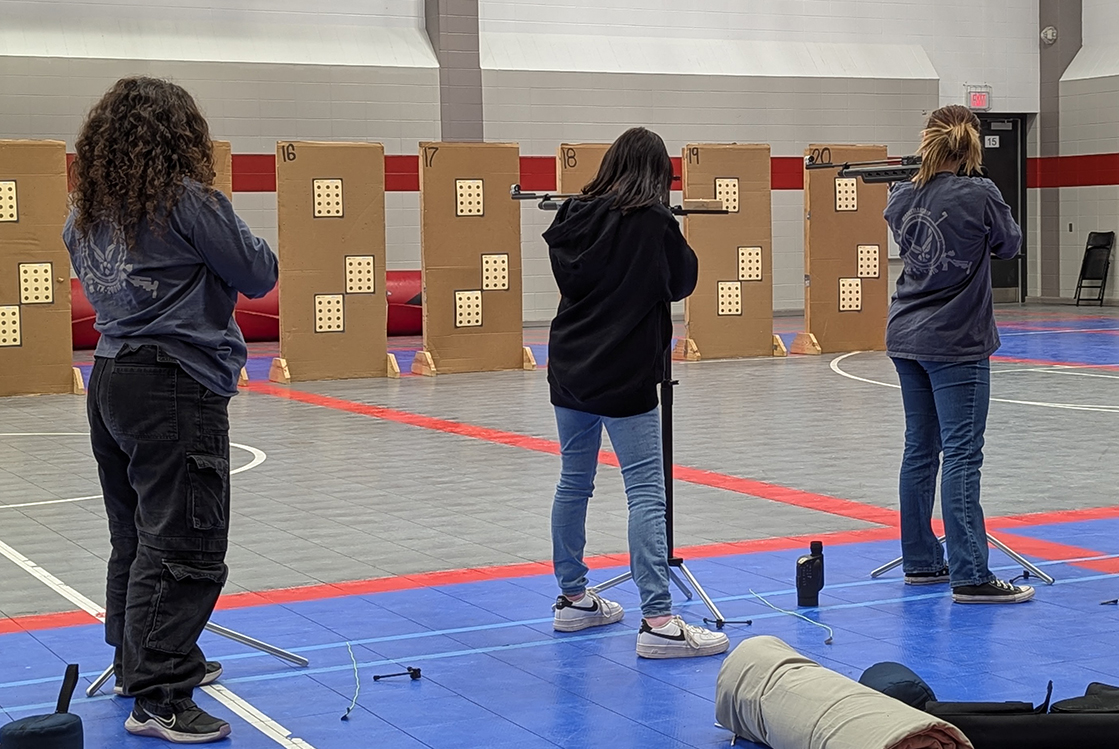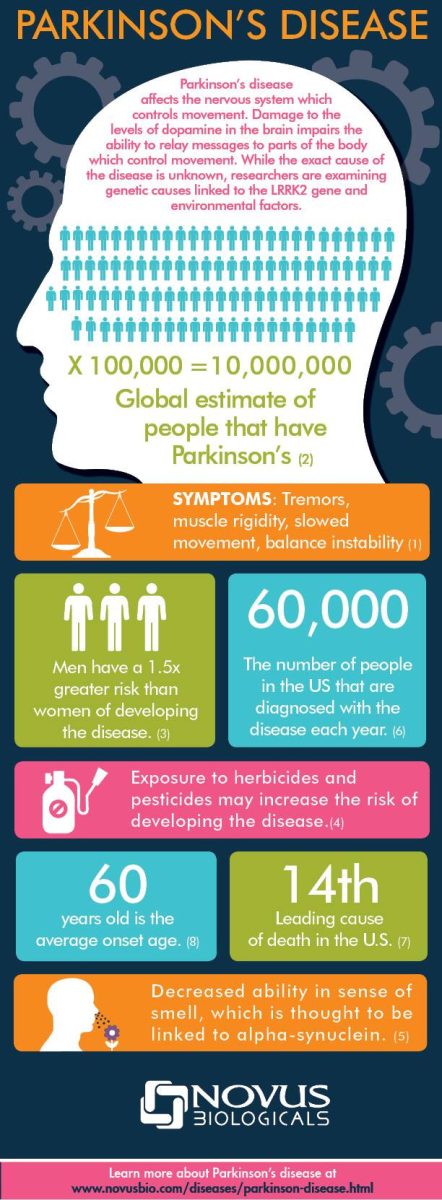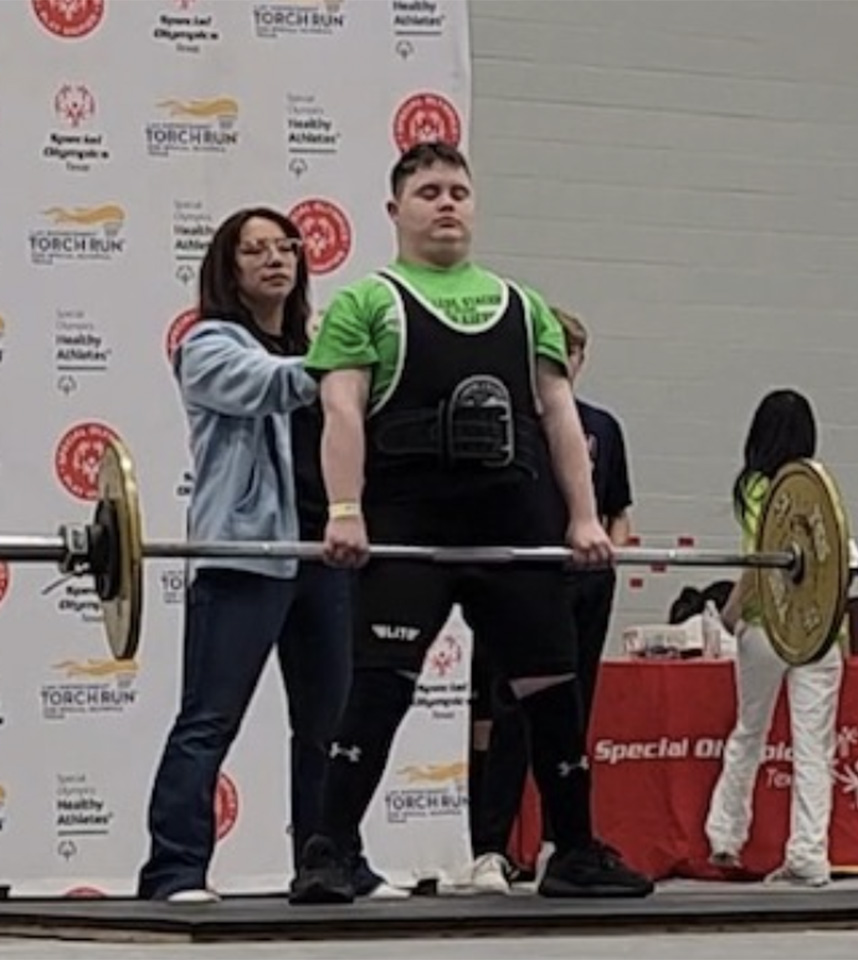Asthma is a relatively common disease. In many instances, it is mild, and people can get by with using an inhaler when the need arises. For senior Phoebe Hancock, asthma has taken a much larger role in her life. She suffers from severe allergic asthma, meaning her reactions are mostly caused by her allergies. Combatting this disease and its side effects has meant countless visits to the doctor, numerous tests, and even a few operations.
To complicate matters further, the COVID-19 outbreak is particularly dangerous for Phoebe. Some of the injections she receives to treat her asthma weaken her immune system so she is susceptible to small colds, let alone a major respiratory virus like COVID-19.
“I like to think of myself as just as healthy as anyone else and like most teenagers,” feel a sense of invincibility,” Phoebe said. “The truth of the matter is that I’m not really either of those things, and COVID-19 could cause some serious damage to everything my doctors and I have worked so hard to build up over the years. As soon as the virus really began spreading in the US, my doctors were already on the phone with my mom.”
Due to the danger COVID-19 poses to Phoebe, she entered quarantine before the majority of others in the area. She has been unable to visit friends and family, cannot leave the house on her own, and has to be careful in touching everything.
“Her life became pretty confined immediately, even though not many folks were in that position at the time,” Phoebe’s mother Kristi Hancock said. “Everything we bring into the house has to be disinfected before she comes in contact with it. Friends and almost all family have had to stay away. Her locations for receiving treatment in Austin have changed to keep healthy patients that are immunocompromised away from potentially sick ones, and we never see anyone’s face. It feels like being in some sci-fi movie.”
Phoebe has faced many difficulties in her battle with asthma and related issues that seem to compound over the years.
“I have taken many medications my whole life, have gotten allergy shots for many years, have had two nasal surgeries, and now get injections of a drug called Xolair,” Phoebe said. “I also have an overactive immune system, which means when it has nothing to fight, it turns on itself. I have always had allergies and asthma, ever since I was a child, but the immune system issues are a result of many years of steroids as a form of treatment for my chronic sinusitis.”
Through the years, Phoebe’s main problem stemmed from her allergies, but in the fall of her sophomore year, her condition became abruptly more severe.
“Everyday activities, such as going up the stairs at school, walking around my house, and even just breathing while I was sitting and doing nothing, became a challenge,” Phoebe said. “I woke up at least four times a night wheezing, and after about two months, my body just became so exhausted from no sleep that I wouldn’t even wake up until I was having a full blown asthma attack.”
Phoebe managed to see specialists at Dell in Austin who gave her hope that her condition could improve. Before they could give her an official diagnosis, though, she had to go through many tests to ensure she did not have something more severe.
“There were some very serious diseases that had to be ruled out while getting to the final diagnosis,” Hancock said. “We did lots of ‘pretending things are great until we know that they aren’t.’ Once she found out there was a solution she never questioned or complained about the treatments.”
The pulmonologist, a lung specialist, took her off of albuterol, the drug she had been taking for many years, and replaced it with injections of Xolair.
“Xolair is a drug that contains antibodies that help decrease allergic responses in the body,” Phoebe said “The goal of the injections is not only to reduce my asthma symptoms and make breathing easier, but also to be able to reduce the dosages on my asthma meds and get it to where I’m not taking so many medicines all together.”
Though the injections are helpful, receiving them is an ordeal in and of itself.
“When I first got the injections, I had to stay for two hours after (allergic reactions to Xolair are rare but they can be fatal) but now I only have to wait for 30 minutes after my shots,” Phoebe said. “The liquid is really thick and is injected into the back of my arm, because of its thickness, it’s not like a regular quick flu shot, each injection is slow and quite painful.”
The worst parts for Phoebe are the side effects, which are exhausting and miserable.
“For about two days after my shots, I have flu-like symptoms: body aches, no energy, headaches, sometimes nausea, and sometimes heart palpitations, all very normal for Xolair injections,” Phoebe said. “The only remedy I have found for these symptoms is sleep.”
Yet despite all of the needles and sick days, Phoebe feels like she has grown stronger from her experience both physically and mentally.
“At my lowest points, it may have seemed to me that I was not going to make it much longer, but I refused to let that slow me down or stop me in any way,” Phoebe said. “There have been days where I’ve been mad, or upset that I have to take so many meds and do so much just to be able to do something that most people do without even thinking, but I have to remind myself that the things I go through are absolutely nothing compared to what others suffer with. I am so grateful for the access and opportunity for treatments because for others, these options aren’t even available.”
Throughout all of this, Phoebe has tried to miss as little school as possible, but it was difficult. She would often get sinus infections at least once a month, and sophomore year, she would spend her day exhausted and trying to breathe.
“It was difficult to pay attention and to focus in class, and doing homework was even more of a challenge,” Phoebe said. “When I began seeing my specialist, the trips to Austin took all day, as the majority of my appointments were and still are in the morning, meaning I leave Bryan before school even starts. When I began getting my injections, I was missing at least two days of school, although the side effects were so bad I would end up missing at most three days of school the week I got my injections.”
Phoebe found herself constantly behind in her schoolwork. Her sophomore year, she got a medical 504 plan to give her extra time for work and prevent her from facing truancy. Once her injections began, she still had to miss three days a month, but has felt blessed to have teachers who help accommodate her needs as a student.
“IB is hard enough, but add missing many days of school and it becomes a lot harder,” Phoebe said. “I am so thankful for the teachers I have had over the years. They have always been so understanding, and this year especially, on many occasions they have given me so much grace and even have allowed me to sleep through their class. I don’t think they really knew how much that meant to me.”
Phoebe is most likely going to have to receive injections for the rest of her life unless another treatment is discovered. However, she remains positive and is thankful for how the injections have improved her life.
“I am so grateful for my injections,” Phoebe said. “For some people, Xolair changes their life completely, and for others, it does nothing. For me, they have changed my life entirely. I am able to do things with ease that have always been a challenge. I also have discussed with my doctors switching to a drug that essentially does the same thing as Xolair, the only difference is that they are self injectable, which would be so nice with college starting soon.”
Through this process, Phoebe has learned to appreciate her health and each day that she is given.
“I have learned to value the times where I feel good and genuinely healthy, and I think a lot of people take that for granted,” Phoebe said. “Going through that period in my life where simply sleeping through the whole night and just getting a good deep breath was a rarity has changed my outlook on many things.”
Phoebe has experienced the same loss as other seniors during this time of quarantine and has grieved the loss of prom, banquets, cheering at a few more basketball games, and seeing teachers and friends. The most difficult loss came when she found out she would not be able to attend the girls’ camp she had attended since she was little.
“When Phoebe found out about the camp, I think it was the final straw,” Hancock said. “She shut down for a while and I let her. Then we had to face the facts and get up and put our ‘big girl britches on’ anyway. We are not born to be victims of circumstance, and our family has a low tolerance for whining.”
Hancock is grateful that she has been able to spend this extra time with Phoebe and recognizes that most senior years are busy with activities that keep families from spending time together. She hopes all seniors are able to find something good during this time and knows that Phoebe will come through the other side of this as a better person.
“If seniors are especially wise, they will come out of this with more gratitude in their heart and the ability to appreciate things we have taken for granted for too long,” Hancock said. “Perhaps people will put their technology in a drawer for a few minutes a day and look someone in the eye, give them a hug, and tell them how good it is to see them face-to-face.”





